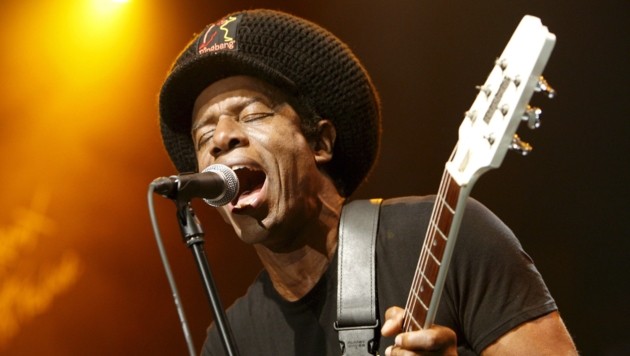EDDY GRANT v. DONALD J. TRUMP(United States District Court, Southern District of New York: Edmond Grant et al v. Donald J. Trump et al)
The Plaintiffs in this case are Eddy Grant and the companies owning the rights to Electric Avenue. The Defendants are Donald J. Trump and his campaign.
This matter concerns the Defendants’ application for the dismissal of the Plaintiffs’ claim for copyright infringement.
The Plaintiffs (Eddy Grant, Greenheart Music Limited (Antigua), Greenheart Music Limited (UK) collectively are beneficial owners of the performing rights copyright in the recording. While Greenheart UK is the beneficial owner of the recording rights.
On August 12, 2020 Donald Trump tweeted a 55 second animated video from his twitter account. The animated video sought to portray Donald Trump in a positive light and Joe Biden in a negative light. Electric Avenue commences 15 seconds into the video and continues to the end of the video. The Defendants did not receive a licence or permission from Grant to use the song.
The Court pointed out that its objective was not to weigh the evidence as if at trial but to determine whether the application for dismissal of the complaint was sufficient.
The Defendants argued that the use of Electric Avenue was fair use. If proven this would be an absolute defence to Eddy Grant’s claim.
Fair Use seeks to strike a balance between the ability of artists to benefit from their own intellectual property and the rights of others to express such works or to express themselves by reference to such works.
The Court made reference to the fact that the USA Copyright Act provides for four factors to be taken into consideration where fair use is being argued.
Similar provisions are found at section 53 of the Barbados Copyright Act Cap. 300 of the Laws of Barbados.
The purpose and character of the use whether for commercial or non-profit educational purposes:
The Court examined the video and the song. The video did have a clip from a Joe Biden speech running at the same time as the song but the song itself was clear and easily recognisable. There was no transformation of the song to create a new work. The Court found that even though political the video was for commercial purposes as it was expected to at least attract donations. These findings favoured the Plaintiff.
The nature of the copyrighted work
Electric Avenue was found to be a creative piece of work which had been published as opposed to being factual content. Even though this factor is not critical to fair use it was nevertheless found to cut in favour of the Plaintiffs.
The amount and substantiality of the portion used in relation to the copyrighted work
The question is whether the quantity and value of the work is reasonable for the purposes of copying. The song played for 72.7% of the animation and was therefore a substantial part of the work. This point also favoured the Plaintiffs.
The effect of the use on the market and the value of the copyrighted work
The main question here was whether the uncompensated use of Grant’s work in the making of videos or otherwise would have a negative impact on Grant’s market for the licensing of his work. This was found to be the case.
The Defendants argued that Grant needed to show an intention to enter the market but the Court found that Grant had no such burden. The Court found that this also favoured the Plaintiffs. The Court concluded that the Donald Trump’s campaign did not prove fair use as a matter of law. It found that the song was not transformed and was not parodied but was copied wholesale without any editing. Trump’s Application to dismiss the claim was therefore denied.
The Court added that fair use could be raised again when the substantive matter of the infringement is brought to the Court when there was a better factual record.

